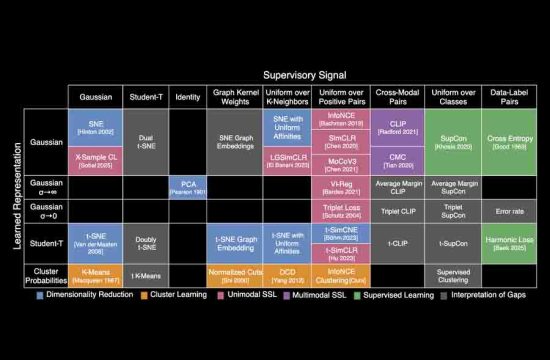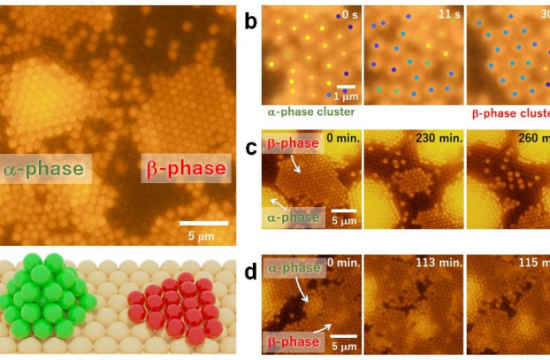 Singapore— A new study from researchers at Singapore Management University (SMU) has identified three crucial factors that influence the likelihood of a case being settled through mediation.
Singapore— A new study from researchers at Singapore Management University (SMU) has identified three crucial factors that influence the likelihood of a case being settled through mediation.
According to the study, to be published in the Spring 2018 issue of the Harvard Negotiation Law Review, the courts should consider the timing of referral, the stage of litigation and the level of contentiousness between disputants when deciding whether or not to refer civil disputes to mediation.
The first of its kind in Singapore, the study, titled ‘How Should the Courts Know Whether a Dispute is Ready and Suitable for Mediation? An Empirical Analysis of the Singapore Courts’ Referral of Civil Disputes to Mediation’, was led by Assistant Professors Dorcas Quek Anderson and Eunice Chua of the SMU School of Law and funded by the Singapore Judicial College. The research team also included Ms Ngo Tra My of the National University of Singapore.
With mediation becoming an increasingly accepted and popular alternative to litigation, judges and judicial officers in Singapore regularly assess the readiness and suitability of disputes for mediation before encouraging lawyers and their clients to consider the process. Yet, there is a lack of consensus across the globe on the ‘right’ timing or stage in a case to attempt mediation, as well as on what factors contribute to successful mediation outcomes.
To address these questions in an empirical fashion, the researchers performed a rigorous statistical analysis on data from electronic records of civil cases in Singapore, as well as on survey data collected by the Singapore Mediation Centre.
They found that the time of referral, the stage of the case at referral and the level of contentiousness between the disputants had a collective impact on the likelihood of settlement of a dispute at mediation. Delaying the time of referral of a case to mediation by one month results in a three percent decline in the likelihood of settlement. The stage of litigation matters as well. Cases referred to mediation at an earlier stage – at the close of pleadings – were more likely to be settled than cases that had already advanced to the interlocutory or pre-trial stage. Finally, a higher level of contentiousness between disputants, as measured by the number of contested pre-trial applications, was also associated with a drop in the likelihood of settlement.
Other factors that affect the success of mediation include a lower quantum of the claim, as well as features of the mediation process itself, such as the time taken to complete the mediation and whether the mediator is legally trained, the study found.
These findings suggest that the courts should not focus solely on the timing and stage of referral, but should also broaden their assessment to include other factors uncovered by the study that indicate the readiness of a dispute for mediation, say the researchers.
“By shedding light on the important factors that affect settlement outcome and the satisfaction levels of parties towards the mediation process, we hope that this study will help to inform the policies and practices of judiciaries in Singapore and elsewhere,” says Professor Chua. “It is only through a more nuanced approach that the benefits of mediation in the context of litigation can be maximised.”
“We are most grateful for the kind support of the Singapore Judicial College, the Supreme Court, the State Courts and the Singapore Mediation Centre,” says Professor Quek Anderson. “This study would not have been possible without their assistance and collaboration with the university.”







